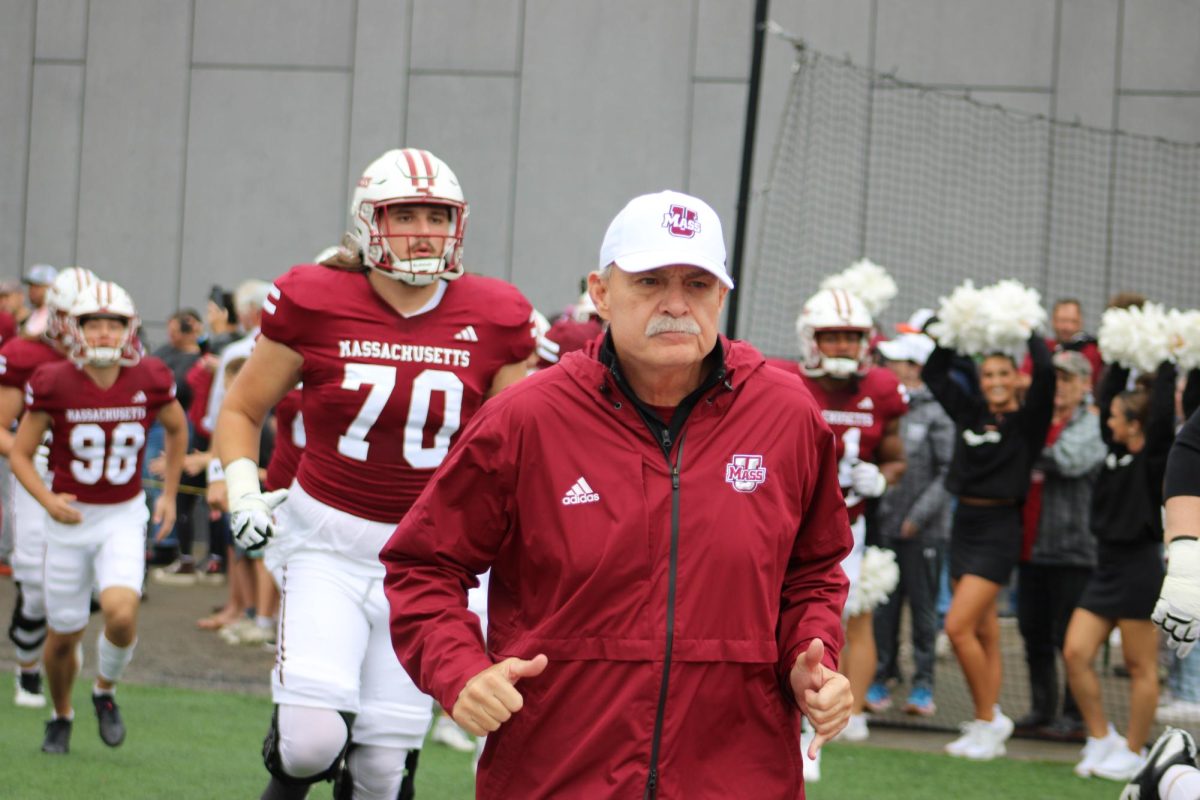Polarized politics have infiltrated American diplomacy. As discourse becomes discord, it’s never been more important to encourage unity among groups and stay away from sweeping generalizations.
If you’re active on the internet, especially on sites where social discourse is common, some aspect of your identity has almost certainly been criticized. Are you a man talking about reproductive rights? Are you rich talking about supporting unions? Maybe you’re able-bodied and addressing accessibility issues, or you’re straight and trying to learn about allyship. It really doesn’t matter. There is a part of your identity that some people think should bar you from participating in social discourse.
Why, though? Why does this generation, a generation of progress, enforce such rigidity when it comes to the blurred lines of identity? Just look at our political culture, the nation’s political parties have never been more divided, and we go through witch-hunts criticizing our leaders and celebrities for trivial nothingness every day. We are actively doing what we so vigorously swore we wouldn’t in the past: preventing progress through generalizing groups of people, forcing them into a box and isolating them from the movements we so desperately want to see grow.
Of course, when it comes to any socio-political issue, we need to amplify the voices of the people most affected by it. Women should be leading the conversation on reproductive rights and workers leading the charge for union power; disabled folks should have a platform to speak, and the queer community needs their voices heard. The challenge arises when all the indirectly affected voices are silenced. To ostracize another point of view is to reject someone whose identity is complex and valuable.
Kimberlé Crenshaw, a civil rights activist and academic, invented the term “intersectionality” to describe a framework for looking at ideas through a new lens. In essence, the phrase describes the process of considering how someone’s identities might “intersect” in ways that can systematically advantage or disadvantage them. It considers every aspect of someone’s identity (race, gender, sexuality, religion, class, etc.) to see how oppression uniquely impacts them. Using this framework in social discourse is the only way to achieve productive conversation and unity.
Take the Supreme Court’s decision to strike down affirmative action. The people most affected by the issue are people of color and should have some of the biggest platforms when sparking a dialogue about it. Upon gauging the issue and approaching it with intersectionality, however, it becomes clear that it has a lot to do with other intersecting identities. White women, for example, are the group that has historically benefited the most from affirmative action in the United States. Imagine all the valuable input that women can add to the conversation.
In fact, we should be considering all the voices that could breathe new life into the conversation: workers, low-income students, religious minorities – the list goes on. To tell someone that one aspect of their identity secures them privilege in one facet of their life, and therefore, they shouldn’t have a place in the dialogue at all, is absurd. The same people whose intersecting identities might have contributed valuable nuances to the conversation only feel neglected, and their voices go unheard.
Generalizing any group of people based on one aspect of their identity is to designate them as monoliths, but having privilege in some form shouldn’t ban you from the conversation. Nor should being disadvantaged in some capacity absolve you of the privilege you have in other parts of your life.
We’re at a turning point in the United States, and the same forces that try to multilaterally divide and conquer us are on the brink of collapse. Imagine all the young voices that could have been powerful numbers and strong allies that were turned away from the same causes they are affected by. To make any notable progress and to genuinely propel unity, the conversation needs to be open to everyone, intersecting identities and all.
Daniel Macomber can be reached at [email protected].



















